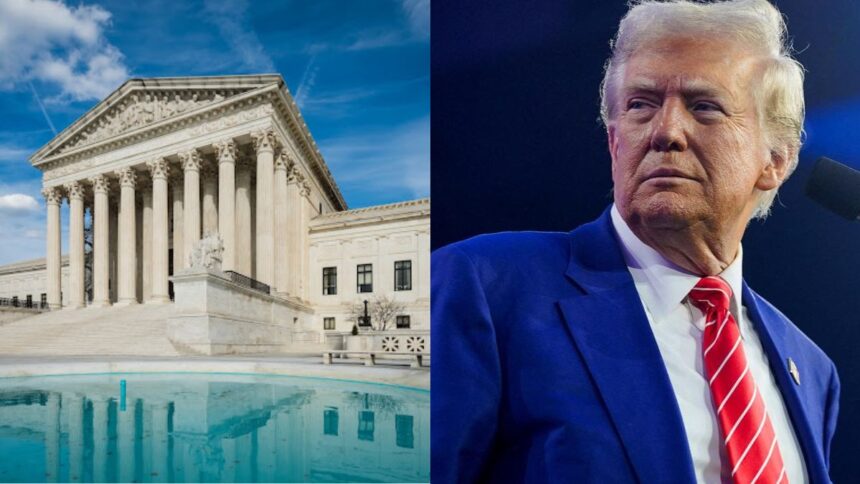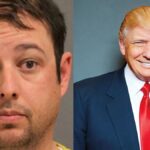The U.S. Supreme Court, often seen as favorable to former President Donald Trump, may be hesitant to support his latest legal maneuver, according to former federal prosecutor Joyce Vance. Over the weekend, Vance analyzed a recent legal filing from Trump’s attorneys related to the looming January 19, 2025, TikTok ban in the U.S.
Trump’s filing, which diverges from standard legal arguments, focuses on his personal use of TikTok as a platform for political expression. The brief highlights Trump’s 14.7 million followers on TikTok, portraying him as a key figure in utilizing the platform for freedom of expression and political outreach.
Trump’s argument: TikTok as a political tool
“President Trump is one of the most powerful, prolific, and influential users of social media in history,” the brief states. It underscores his role in leveraging TikTok during the last presidential campaign to connect with voters, claiming he used the platform “much more effectively” than his rivals.
Legal experts, however, find the filing unorthodox. Vance noted that the brief focuses more on Trump himself than on the legal or factual aspects of the case.
Representation and motives questioned
Trump’s legal representation includes John Sauer, his nominee for Solicitor General, who has been criticized for using excessively favorable language in describing the former president. According to Vance, this approach might not resonate with the justices.
“The case is ultimately about whether U.S. companies can continue to platform TikTok after the ban,” Vance explained. “But Trump’s brief seems aimed at cutting a deal rather than addressing legal principles.”
Skepticism over Supreme Court’s reaction
The filing raises questions about how the Supreme Court, which has been perceived as leaning conservative, will handle Trump’s unconventional approach. Vance suggested that the Court might view the move as an overreach, with undertones of self-interest rather than constitutional concerns.
“There’s more than a smidge of kleptocracy underlying the idea—one wonders if even the Supreme Court will have the stomach for it,” Vance remarked.
Broader implications for TikTok and free speech
The case comes as the U.S. government seeks to enforce the TikTok ban, citing national security concerns. Trump’s intervention adds a layer of complexity, with potential implications for how digital platforms are regulated and used for political discourse.
As the January 19 deadline approaches, all eyes are on the Supreme Court’s response to Trump’s bid, which could set a precedent for the intersection of personal influence and legal authority.



